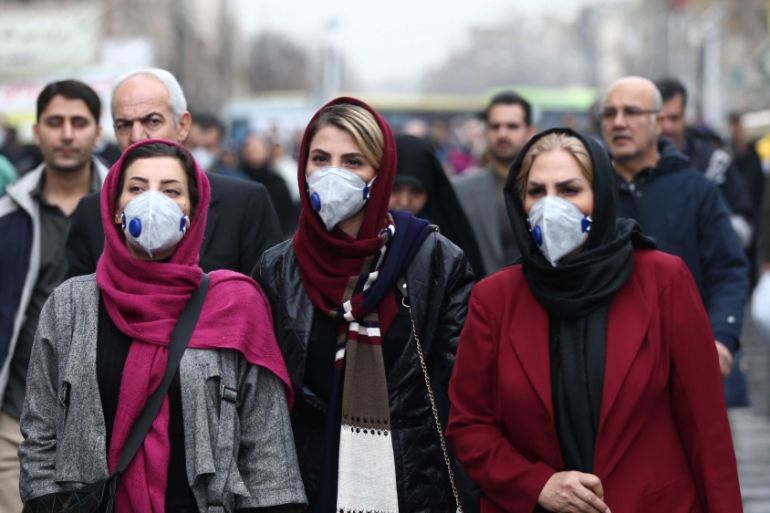UN experts call on Iran to repeal ‘anti-abortion’ population law
New legislation puts more restrictions on already limited abortions, outlaws voluntary sterilisations and discourages contraceptives.

Tehran, Iran – Leading United Nations experts have called on Iran to repeal a newly implemented law that they say violates women’s human rights under international law.
The Youthful Population and Protection of the Family law came into effect on Monday in an effort to encourage higher childbirth rates as Iran faces a looming crisis due to its ageing population. Supreme Leader Ali Hosseini Khamenei has long supported the idea of increasing Iran’s current population of about 85 million by tens of millions over the coming decades.
Keep reading
list of 4 itemsUS Supreme Court hears challenges to Texas abortion ban
‘Letting women decide’: Activists hail Benin abortion vote
Biden to meet pope amid pressure from anti-abortion US bishops
The legislation, which was fast-tracked through a makeshift parliament committee and not put to a public parliamentary vote, was greenlit by the constitutional watchdog, the Guardian Council, earlier this month. It can now be “experimentally” implemented for seven years, a period that can be extended.
On Tuesday, nine UN experts on human rights and violence against women, led by Javaid Rehman, Special Rapporteur on the situation of human rights in Iran, said the new law was in “clear contravention of international law”.
In a statement, the experts said a vaguely formulated provision could mean that abortion, if carried out on a large scale, would fall under the crime of “corruption on Earth” which carries the death penalty.
“The consequences of this law will be crippling for women and girls’ right to health and represents an alarming and regressive U-turn by a government that had been praised for progress on the right to health,” they added.
“It is shocking to see the extent to which the authorities have applied criminal law to restrict women’s fundamental rights.”
The law has also been criticised by New York-based rights group Human Rights Watch, which said it puts women’s health and lives at risk and should be repealed immediately.
Wide restrictions introduced
Iran’s population growth rate has been declining amid growing economic and social woes, with as many as half of all marriages in large cities ending in divorce.
The new law encourages marriages through providing loans and other incentives, such as land and cars, and seeks to boost and support employment for married youth and pregnant women.
But it also introduces further limits on already restricted access to safe abortions. It says a committee consisting of judiciary representatives, Islamic jurists, lawmakers and doctors should have the final say on therapeutic abortions in cases that threaten the woman’s life or include foetal anomalies.
It also discourages contraceptives by banning their free distribution and calls on state television to produce programmes that encourage childbearing and denounce decisions to remain single.
In addition to restricting antenatal screening tests, it also imposes a ban on voluntary sterilisations for men and women, aside from exceptional cases, which could disproportionately affect marginalised women and victims of sexual violence.
The law was implemented amid warnings by the State Welfare Organization and others that it could lead to the birth of thousands of children suffering from rare diseases or various disabilities, as well as increased HIV infections.
The organisation said it was not consulted on the implications of the law, which could directly affect its operations.